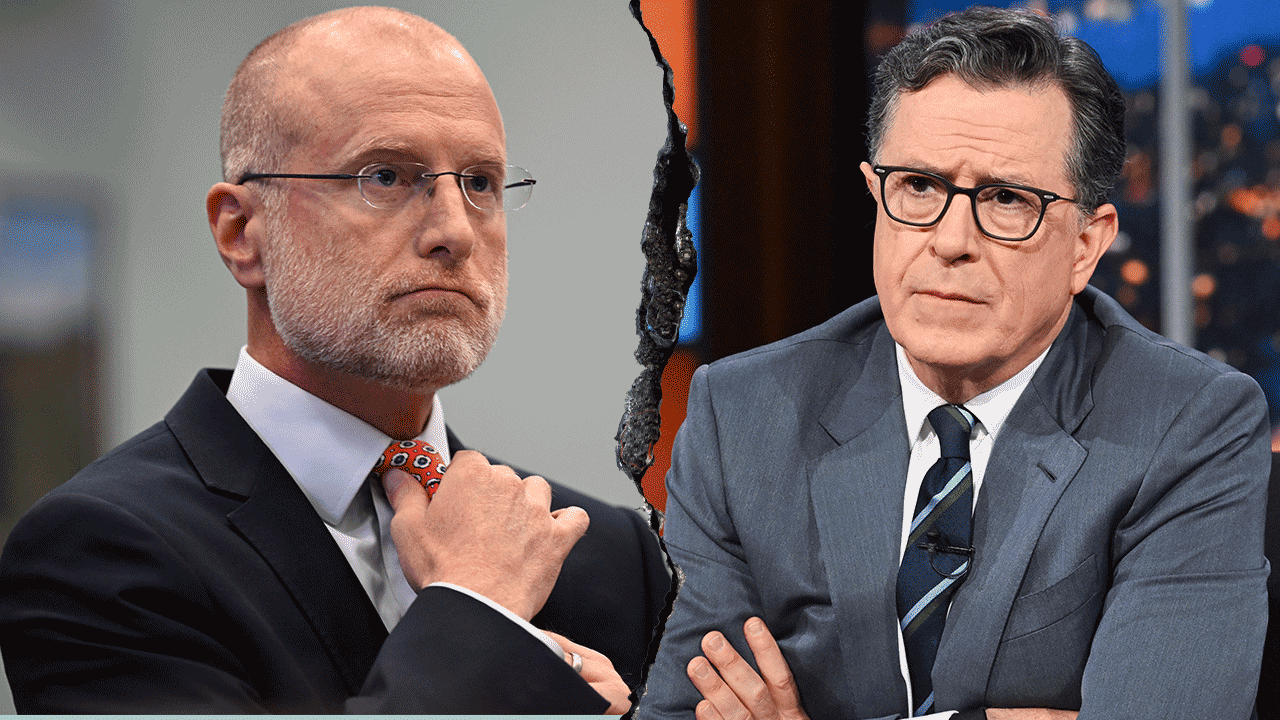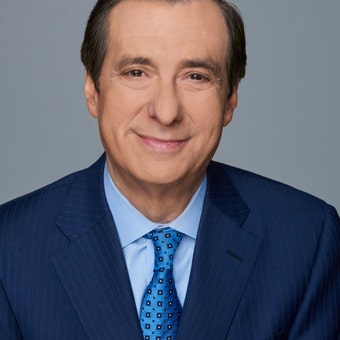Amy Coney Barrett on ObamaCare: 'I'm not hostile to the ACA'
Senators question Amy Coney Barrett on her stance on the Affordable Care Act.
In her calm and carefully controlled appearance, Amy Coney Barrett allowed herself only a hint of emotion.
It was merely a hint, because she testified before the Senate Judiciary Committee in a flat midwestern cadence, wrapping her answers in the gauzy tissue of court precedents and judicial process.
But when Chairman Lindsey Graham asked about the nomination's impact on her family, the judge said:
“We knew that our lives would be combed over for any negative detail. We knew that our faith would be caricatured. We knew our family would be attacked. And so we had to decide whether those difficulties would be worth it, because what sane person would go through that if there wasn’t a benefit on the other side?”
And that was self-evident, given how insane the court confirmations have become. Just ask Brett Kavanaugh. Barrett also had a touching moment as she described crying with her adopted Haitian daughter over the George Floyd video.
Of course, Democrats are outraged that the hearings are taking place at all, given that the Republicans wouldn’t hold one on Merrick Garland four years ago and are now ramming through President Trump’s pick on the eve of the election.
In walking into this hothouse environment, Barrett displayed perhaps the most important tool for a witness being grilled: discipline. She repeatedly returned to her legal mantra: Justices can’t just decide to overturn laws at will, they have to wait for cases to reach them, they must respect precedent, they must consult with clerks and colleagues, and--this was her mantra--I have no agenda.
Perhaps the day’s biggest news is that Barrett refused to recuse herself on a post-election challenge by the president who chose her (while saying she won’t be “used as a pawn”). She also declined to recuse on ObamaCare, whose constitutionality the Trump administration is challenging before the court. Her stance: there’s a process for weighing recusal, and she will follow the rules. The judge, who had written that John Roberts went too far in upholding ObamaCare, later insisted she is “not on a mission to destroy the Affordable Care Act.”
Dianne Feinstein, the ranking Democrat, spoke passionately about abortion rights, but couldn’t get the witness to commit to anything.
DEMS WARN BARRETT CONFIRMATION MEANS DOOM FOR OBAMACARE, BUT 'SEVERABILITY' DOCTRINE MIGHT SAVE IT
During that exchange, when the senator invoked Ruth Bader Ginsburg’s confirmation testimony, Barrett quoted Obama appointee Elena Kagan as saying she shouldn’t give a “thumbs up or thumbs down” on legal questions that could come before the court.
The judge also attempted to dismiss her branding as a “female Scalia,” although Antonin Scalia was her mentor, when asked about his legal opinions that Roe v. Wade was wrongly decided. She said she would be her own person.
Questioned by Democrat Dick Durbin about whether she is pro-life, Barrett said she had signed a newspaper ad while coming out of church 14 years ago that “simply said we support the right to life from conception to natural death.” She told Democrat Richard Blumenthal she’d forgotten signing a 2013 newspaper ad criticizing Roe and calling “for the unborn to be protected in law.”
The one answer that surprised me was Barrett’s refusal to acknowledge a simple fact: the Constitution gives a president no power to delay an election. That’s not a matter of interpretation. But perhaps she felt it was a slippery slope toward having to answer more questions about a potential election challenge.
Barrett attempted to dispel questions about whether she can set aside her Catholic views in her jurisprudence by hitting a softball pitch from Graham: “I can. I have done that in my time on the 7th Circuit.”
Much of the initial questioning, from Republicans and Democrats, was serious and substantive. But after the opening rounds, it was as though everyone decided they weren’t moving the ball and the senators reverted to giving long speeches, with Barrett sitting there as a prop.
SUBSCRIBE TO HOWIE'S MEDIA BUZZMETER PODCAST, A RIFF OF THE DAY'S HOTTEST STORIES
Republican Mike Lee held forth on the evils of court-packing. Democrat Sheldon Whitehouse, wielding charts, delivered a stemwinder on a vast right-wing conspiracy that supposedly picks, promotes and benefits from conservative judges. Ted Cruz, while not quite reading “Green Eggs and Ham,” went on and on about the Bill of Rights and asked such penetrating questions as: What are your greatest talents? Do you speak a foreign language? Do you play any instruments? “What advice would you give to little girls?”
In fact, Graham began the hearing with a disquisition on the flaws of ObamaCare and his party’s determination to replace it. That was a tougher sell, given that the administration has offered no health plan, and the chairman was playing defense after Democrats spent much of Monday describing the threat to the Affordable Care Act.
Look, these SCOTUS hearings have become an elaborate kabuki dance, where nominees of both parties portray themselves as impartial defenders of legal ideals, then largely vote the way their presidential benefactors intended. There are exceptions, especially with John Roberts in a couple of high-profile cases, though his influence will be diminished on a 6-3 conservative court.
Amy Coney Barrett did nothing yesterday to diminish her chances of becoming Trump’s third Supreme Court justice. Her detractors may seen her as evasive, her supporters as appropriately cautious, but she is following a path long blazed by others named to the high court.










































